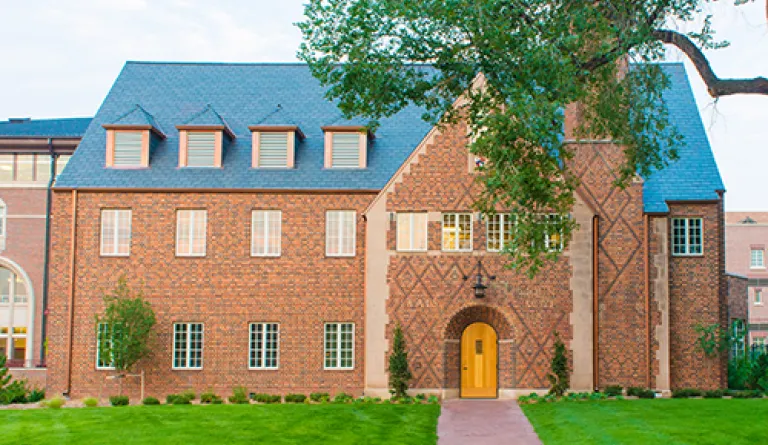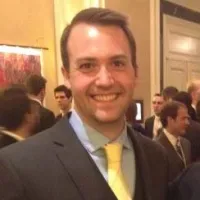New York's Broad Mission to Address Access to Justice

New York has set its sights on access to justice and alleviating some of the issues that low-income litigants face needing help from justice system. In his annual State of the Judiciary address on February 17, New York Chief Judge Jonathan Lippman put forth a number of innovative methods for making the state's judiciary more equitable and accessible. “Equal justice, that defining principle of our country,” he said, “requires that every human being has access to the courts and a judicial system where the scales of justice are exquisitely balanced.”
Chief Judge Lippman seeks to extend the guarantee of counsel in criminal cases, provided in Gideon v. Wainwright, to civil cases “involving the essentials of life—the roof over one's head, family safety and security, [and] subsistence income.” This civil Gideon would provide for a desperate and unmet need for counsel in civil cases. Chief Judge Lippman calls on the legislature to be bold in being the first legislative body in the country to make such a statement for assisting “the most vulnerable among us.”
Another powerful tool for closing the justice gap is expanded use of non-lawyer advocates. The advocates, referred to as “navigators,” assist self-represented litigants with matters ranging the full spectrum of their court proceedings—information, guidance within the courthouse, moral support, completing do-it-yourself forms, assembling documents, identifying possible sources of assistance funding, and helping litigants understand the process and reinforcing the timetables and responsibilities set by the court, among other services.
While there is no substitute for a lawyer, the help of a well-trained non-lawyer standing by a litigant's side is far preferable to no help at all.
Chief Judge Lippman also wants to extend New York's Pro Bono Scholars Program. The program allows third-year law students to take the February bar exam in exchange for working full-time on pro bono work their final semester. The new extension, Poverty Justice Solutions, will take 20 exceptional Pro Bono Scholars and place them after graduation and admission in two-year fellowships with civil legal service providers in New York. Thinking that the program will spark life-long interest in public service, Chief Judge Lippman notes, "Once this flame is lit, we shouldn't extinguish it—we should be actively looking for ways to encourage our best and brightest to become full-time advocates for those in need."
New York is also working to improve access to the family court process through the Brooklyn Family Court Child Support Study, conducted by the National Center for Access to Justice in 2013. The program sought to improve service to self-represented litigants in family courts by observing court proceedings and interviewing self-represented litigants concerning their understanding of the courtroom and outcomes.
Hunter Metcalf is a second-year law student at the University of Colorado Law School and contributes to IAALS Online. Please direct inquiries about this post to iaals@du.edu.
